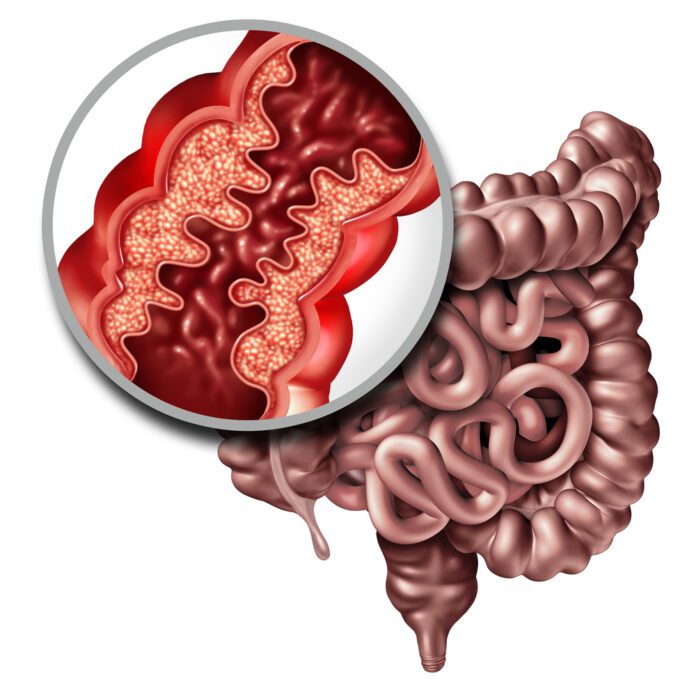Overview Of Crohn’s Disease
Crohn’s disease is a lifelong condition where parts of the digestive system become inflamed. It belongs to a group of conditions known as inflammatory bowel diseases or IBD.
Crohn’s disease most commonly occurs in the small intestine and the colon. It can affect the gastrointestinal (GI) tract, from mouth to anus. It can involve some parts of the GI tract and skip other parts.
The range of severity for Crohn’s is mild to debilitating. Symptoms vary and can change over time. In severe cases, the disease can lead to life-threatening flares and complications.
Cause
The exact cause of Crohn’s disease is unknown. It occurs when your body’s immune system mistakenly attacks and destroys healthy body tissue (an autoimmune disorder).
When parts of the digestive tract remain swollen or inflamed, the walls of the intestines become thickened.
Factors that may play a role in Crohn’s disease include:
• Your genes and family history. (People who are white or of Eastern European Jewish descent are at a higher risk.)
• Environmental factors.
• Tendency of your body to over-react to normal bacteria in the intestines.
• Smoking.
Crohn’s disease may occur at any age. It mostly occurs in people between ages 15 and 35.
Symptoms Of Crohn’s Disease
Crohn’s disease can affect each patient a little differently. Crohn’s is a chronic disease, which means patients will likely experience periods when symptoms are active, known as flares, followed by periods of remission when you may not notice any symptoms at all.
● diarrhea – which may come on suddenly
● stomach aches and cramps – most often in the lower-right part of the tummy
● blood in the poo
● tiredness (fatigue)
You might not have all these symptoms.
Other symptoms
Some people with Crohn’s disease may also have:
● a high temperature
● feeling and being sick
● joint pains
● sore, red eyes
● patches of painful, red, and swollen skin – usually on the legs
● mouth ulcers
Children with Crohn’s disease may grow more slowly than usual.
Source
https://www.nhs.uk/conditions/crohns-disease/
https://www.healthline.com/health/crohns-disease
https://www.crohnscolitisfoundation.org/what-is-crohns-disease/symptoms
https://www.nhs.uk/conditions/crohns-disease/symptoms/
https://www.crohnscolitisfoundation.org/What-is-crohns-disease/treatment



